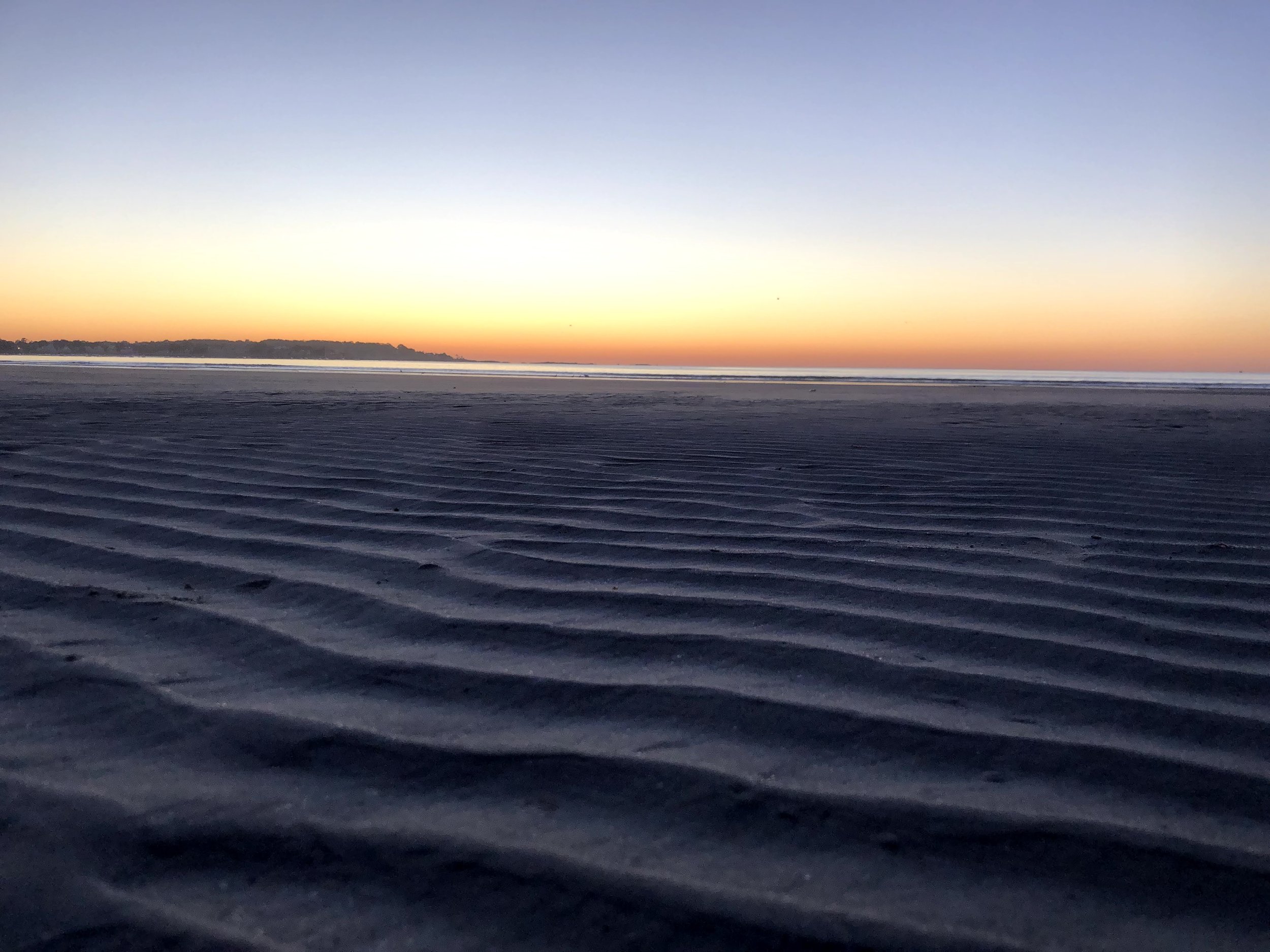
About King’s Beach
King’s Beach is a one-mile crescent of sandy beachfront in Lynn and Swampscott that faces the rising sun and boasts beautiful sea and skyline views. It’s a daily destination for hundreds of visitors who walk the beach and boardwalk, explore tidepools and fish for fun and food at Red Rock Park.
But King’s Beach has continuously faced the issue of elevated bacteria levels, making it one of the most polluted beaches in the Commonwealth and an environmental justice issue in one of the state’s most economically and racially diverse communities.
Last year, King’s Beach had the lowest water quality safety rating of all metropolitan Boston beaches. Based on save the Harbor/Save the Bay’s annual Metropolitan Beaches Water Quality Report Card for the 2022 beach season, it placed last out of 15 Boston metropolitan beaches, with 74% of water samples being compliant with the Massachusetts Department of Public Health’s single sample limit for bacteria. Last summer was exceptionally dry. This exceptionally wet summer, King’s Beach has been closed to swimming over 90% of the days since Memorial Day.
For years, two side-by-side pipes - one in Lynn and one in Swampscott - have discharged groundwater and stormwater runoff into the ocean, particularly after heavy rainfall. Wet weather conditions can unpredictably wash surface pollutants into the storm drain system and flush sewage-contaminated flow from the stormwater outfalls onto the beach. Dry weather contaminants are a problem as well, even after an extensive and expensive sewer separation project accomplished by the Lynn Water and Sewer Commission in the early 2000s.
Both the Lynn Water and Sewer Commission and Swampscott have Consent Decrees with the Environmental Protection Agency, which require them to eliminate pollutants from their stormwater systems in violation of the Clean Water Act. Both municipalities must fix the problems in their sewer systems that cause sewage to leak and flow onto King’s Beach and into Nahant Bay. This is called Source Elimination and requires elimination of sewage and other pollutants through infrastructure improvements to rehabilitate and repair sewers and drains.
After decades of living with pollution on the beach, state agencies, Lynn and Swampscott officials, and nonprofits such as Save the Harbor/Save the Bay and Friends of Lynn & Nahant Beach have been making a focused progress on understanding and addressing this issue.
Kleinfelder, a company of engineers, scientists and construction professionals who provide solutions to improve water, energy and other infrastructure, is working with the City of Lynn, the Lynn Water and Sewer Commission (LWSC) and the Town of Swampscott on the King’s Beach Water Quality Engineering Study, which will identify and analyze alternative approaches to alleviate the water quality issues.
The study analyzes five alternatives to potentially supplement Source Elimination: pumping dry weather base flow to LWSC wastewater treatment plant; disinfection with chemical addition such as chlorine; disinfection with ultraviolet light; extending the outfall deeper into the ocean; or relocating the outfall along the shore where there is no public beach.
A steering committee, which includes representatives from the Town of Swampscott, the City of Lynn, LWSC, regulatory agencies, public interest groups and consultants are serving in an advisory capacity and facilitating the direction of the study. All discussions and recommendations will be considered, but the Town of Swampscott and City of Lynn are jointly responsible for selecting the final preferred approach.
For more information and updates about this effort and its progress, see our Latest News. For more details from the stakeholders, please read the City of Lynn’s recent press release in the Lynn Item. (https://www.itemlive.com/2022/07/19/teaming-up-to-clean-kings-beach/)